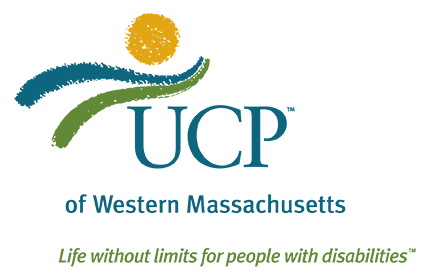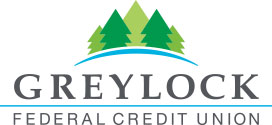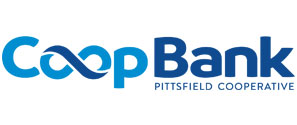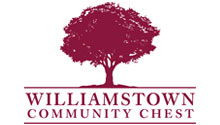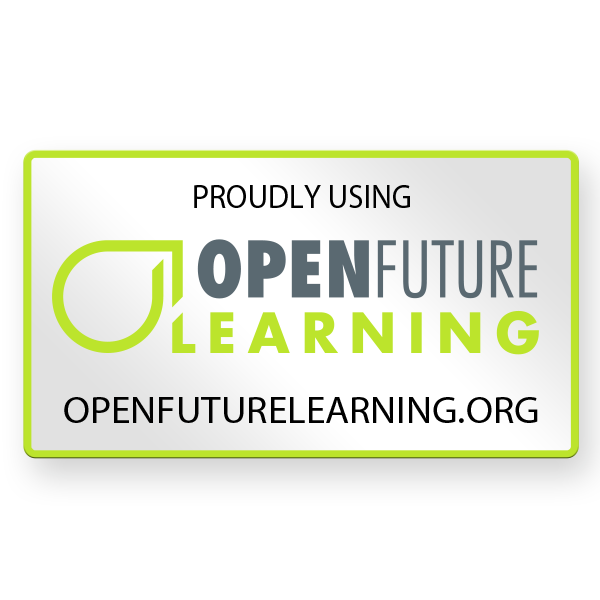UCP Assistive Technology Program offers Remote Support Monitoring Services to enable individuals of all abilities to live independently and on their own terms.
In collaboration with vendors such as SIH and NOSS, we provide caregiving and health coordination to enable individuals with different abilities to live independently. Tools such as tablets, geo comms, and sensors are employed for caregiving and health coordination. These technologies facilitate gentle reminders, daily check-ins, social connections, and health support. Each individual’s support plan is customized to meet their specific needs.
How it works.
Individual referral will be send to UCP Assistive Technology Department from outside agencies (DDS, ESBC, MA). A thorough assistive technology evaluation will be set up and conducted with the individual, case manager, family, and/or support care team to determine needs and best remote support vendor to recommend. A meeting with the remote support manager and vendor will take place after the initial evaluation. The remote support manager along with the vendor will complete an onboarding meeting. After this meeting the individual will be live with remote support monitoring working on the unique support plan with daily check in calls, social calls and more.
FOR MORE INFORMATION
Contact Jes Dunn
Remote Support Manager at UCP|
jdunn@ucpwma.org
413-442-1562 x.235
